
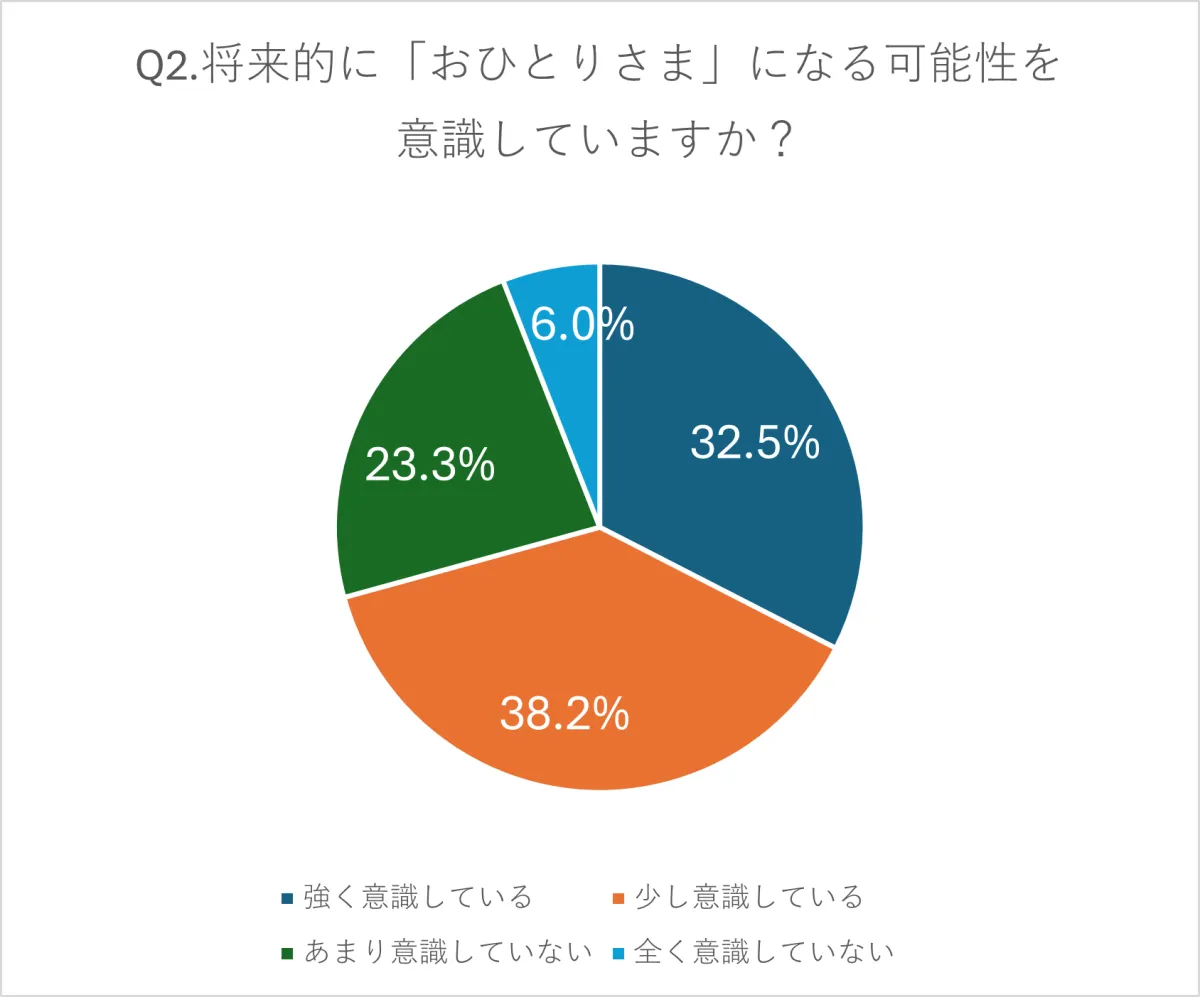
Survey Reveals Over 80% of Single Individuals Fear Future Uncertainties
Understanding the Trends in End-of-Life Planning
In a comprehensive awareness survey conducted by the Shukatsu Association and Omoi Corporation Group, involving 767 individuals aged 10 to 90, a significant revelation emerged: over 80% of the participants expressed concerns about their future. This report delves deeply into the various dimensions of end-of-life planning, especially as it pertains to individuals living alone.
Survey Insights and Findings
The survey aimed to assess the consciousness and actions surrounding a phenomenon increasingly referred to as "Shukatsu" (end-of-life planning) for those living alone. Here are the findings drawn from the questions asked:
Current Living Situations
- - Living Alone: 22.7% are single and live alone.
- - Living with Family: 24.7% are single and live with their parents.
- - Married Without Children: 10.6% are married and childless.
- - Married with Children: 42.0% are married with children.
The demographics indicate a division between two primary groups: married individuals and singles. The single group, accounting for nearly half of the respondents when combining those living alone and those living with family, sheds light on the increasing number of individuals potentially facing end-of-life issues alone.
Awareness of Future Singleness
When asked if they consciously consider becoming single in the future:
- - Strongly Conscious: 32.5%
- - Somewhat Conscious: 38.2%
- - Not Very Conscious: 23.3%
- - Not Conscious at All: 6%
An impressive 70.7% of participants are aware of the real possibility of being alone in the future. This heightened awareness is crucial as it could translate into proactive steps towards ensuring their well-being in old age.
Reflection on End-of-Life Considerations
Respondents were also asked about their thoughts on end-of-life planning:
- - Well Thought About: 18.3%
- - Somewhat Thought About: 37.3%
- - Not Much Thought About: 33.3%
- - Not Thought About At All: 11.0%
Over half (55.6%) reflect on end-of-life planning, indicating a readiness for more extensive discussions and actions regarding this significant life phase.
Preparedness for Emergency Contacts
Regarding the readiness for emergency contacts and guarantee services, the statistics were revealing:
- - Already Prepared: 27.9%
- - Want to Prepare Soon: 43.6%
- - Not Preparing: 28.5%
While only a small portion have made firm arrangements, a large percentage of individuals express a desire to prepare, highlighting an opportunity for further education on preparation methods.
Primary Worries in End-of-Life Planning
An essential element of the survey was understanding what individuals fear most:
1. Financial Concerns: 33.8%
2. Posthumous Procedures and Organizing Belongings: 30.9%
3. Fear of Dying Alone: 19.7%
4. Guarantee Issues during Hospital Stays: 15.6%
This shows that economic stability plays a significant role in end-of-life planning, with practical measures needing attention alongside emotional concerns.
Knowledge of Guarantee Services
Awareness of guarantee services was found to be surprisingly low:
- - In-depth Knowledge: 6.0%
- - Heard the Name Only: 48.1%
- - Not Aware: 46.0%
This indicates a critical area for improvement in educating individuals about the services available.
Current Actions Toward End-of-Life Planning
Only 11.3% are actively creating ending notes, and 78.5% report not engaging in any initiatives. This suggests a significant gap between awareness and action, emphasizing the need for accessible steps toward end-of-life preparations.
Interest in Using End-of-Life Services
Approximately 13.0% are eager to utilize end-of-life services, while 59.8% express interest but remain undecided. The decision to engage with these services appears contingent upon clearer information and reassurance of their effectiveness.
Important Aspects of End-of-Life Planning
Many respondents agreed on the following key priorities:
- - Information Organization: 38.5%
- - Engaging with Family and Friends: 37.5%
- - Finding Trusted Experts: 11.9%
- - Avoiding Over-preparation: 12.1%
This further illustrates the importance of communication and collaborative planning within families.
Future Information Gathering Interest
A combined total of 82.2% are interested in further information about end-of-life plans, signifying a desire for better understanding amidst current uncertainty.
Conclusion
The survey results shine a light on the prevalent uncertainties faced by single individuals concerning their end-of-life plans. With the Shukatsu Association and Omoi Corporation Group leading the charge in providing comprehensive support, there is a clear pathway towards helping this demographic not only prepare but also engage in open discussions about the realities and necessary preparations for their future.
About the Organizations
The Shukatsu Association and Omoi Corporation Group, established in 2015, are dedicated to aiding individuals with their end-of-life considerations through a variety of services designed to offer safety and assurance. They are committed to raising awareness and providing vital education regarding end-of-life planning.
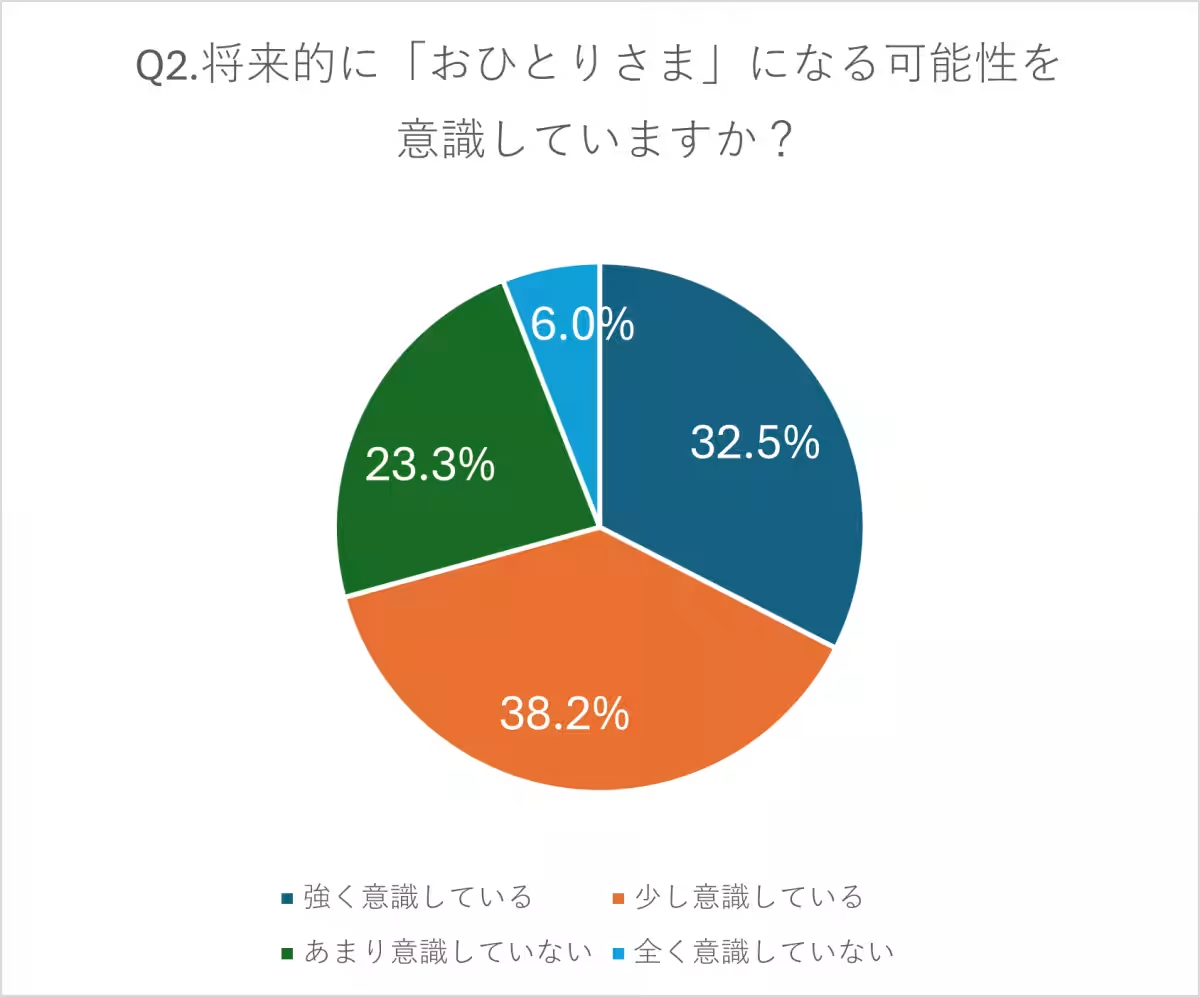
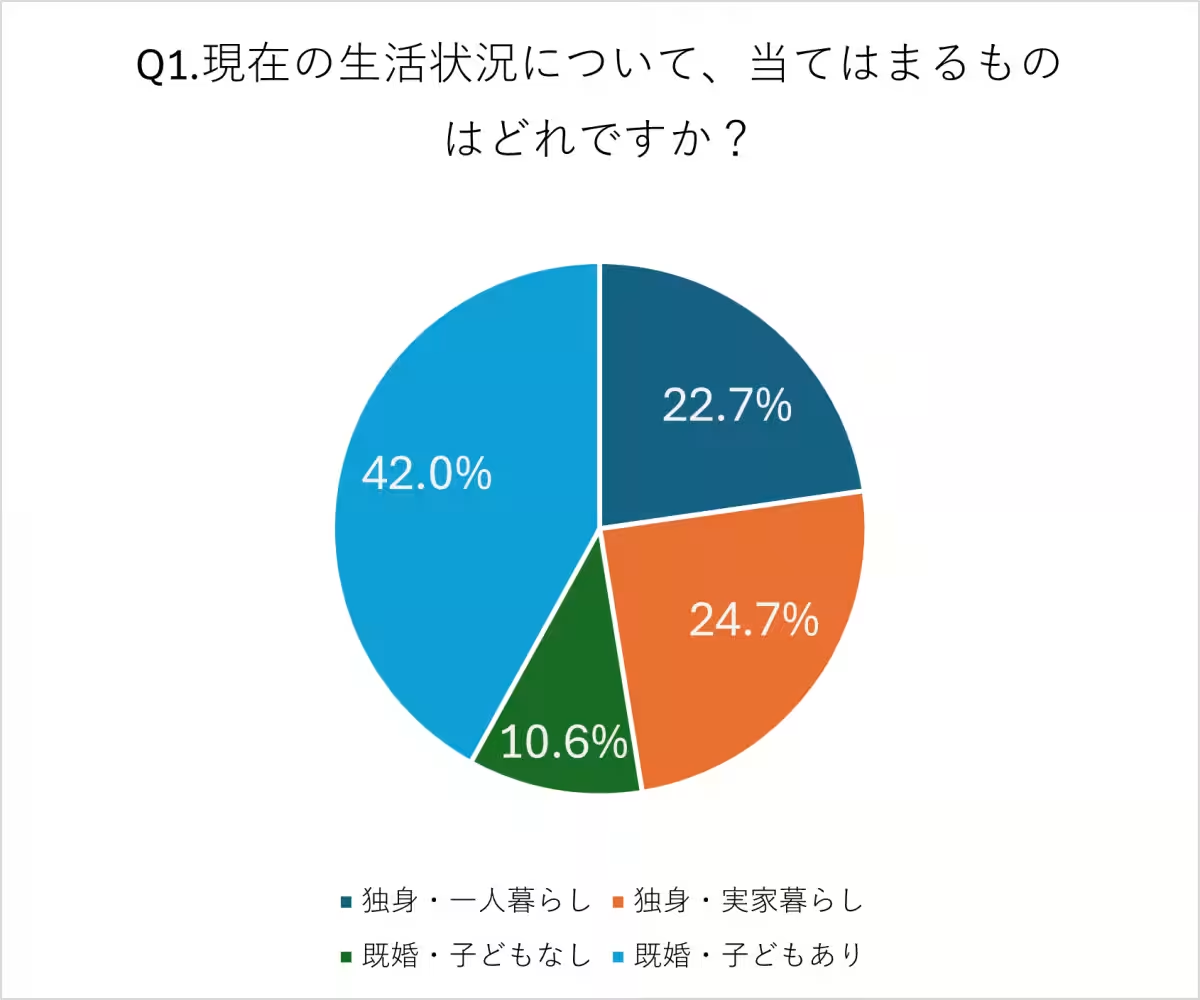
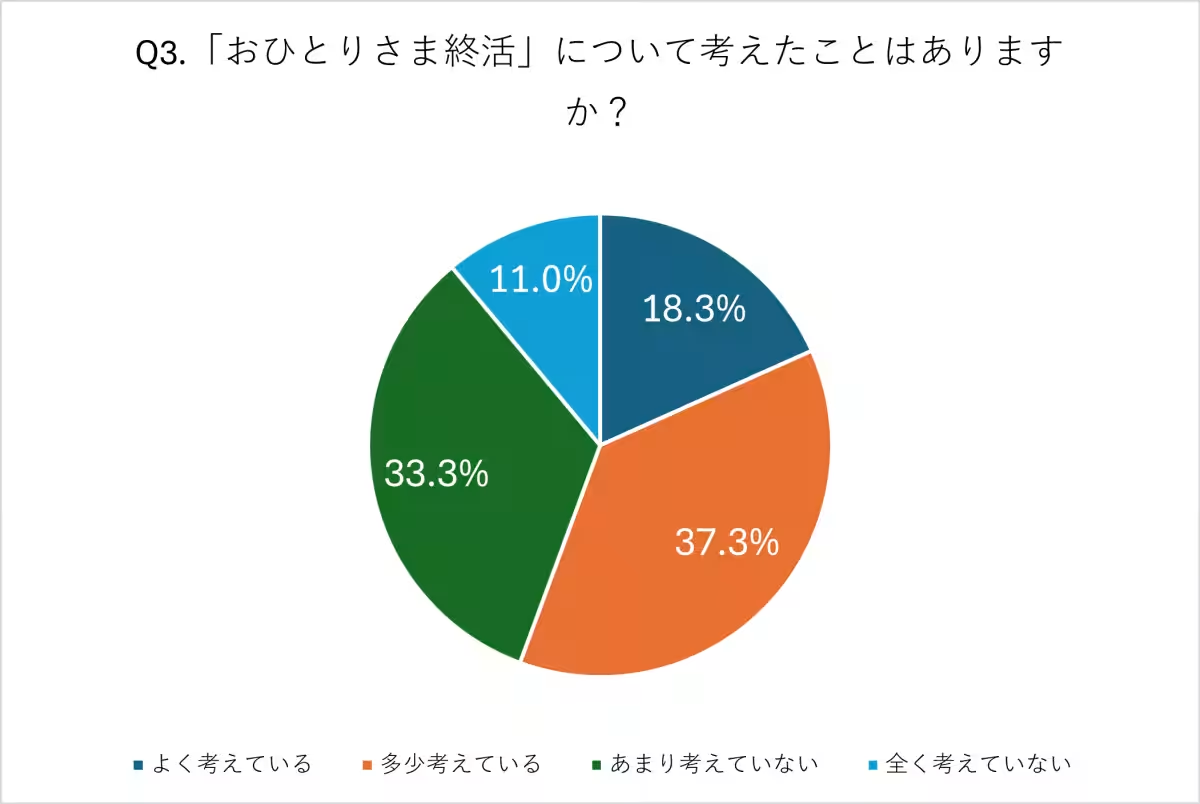
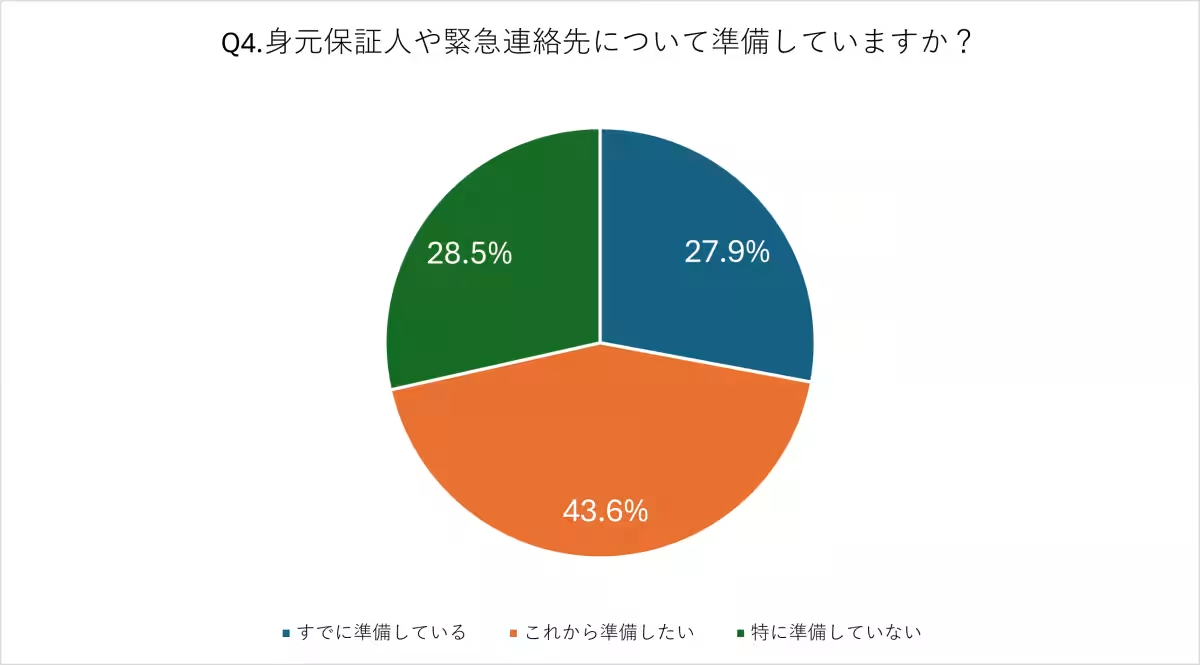
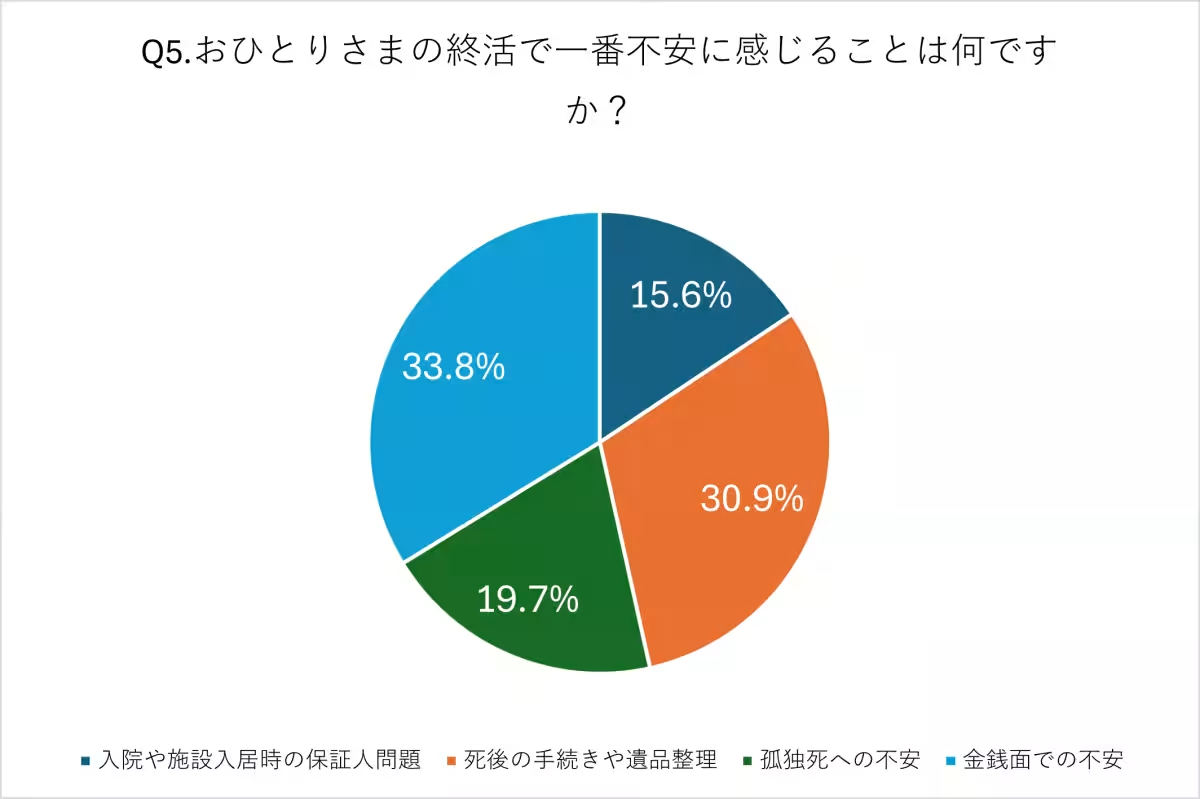
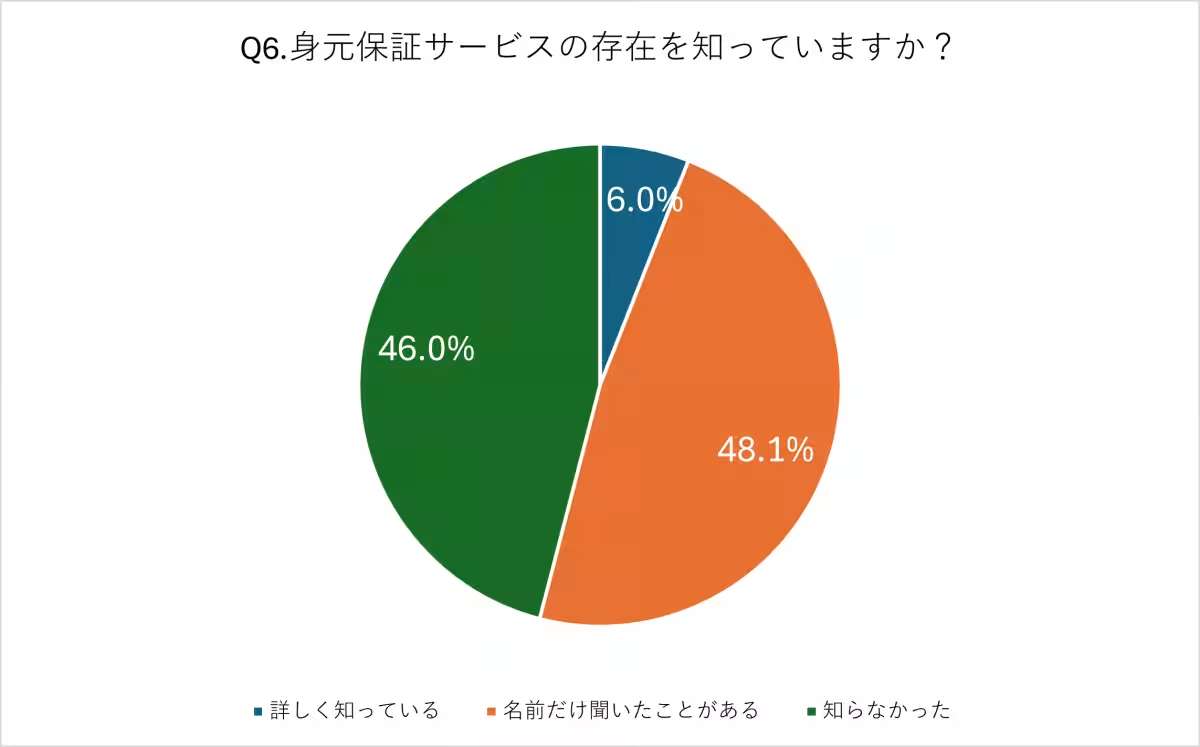
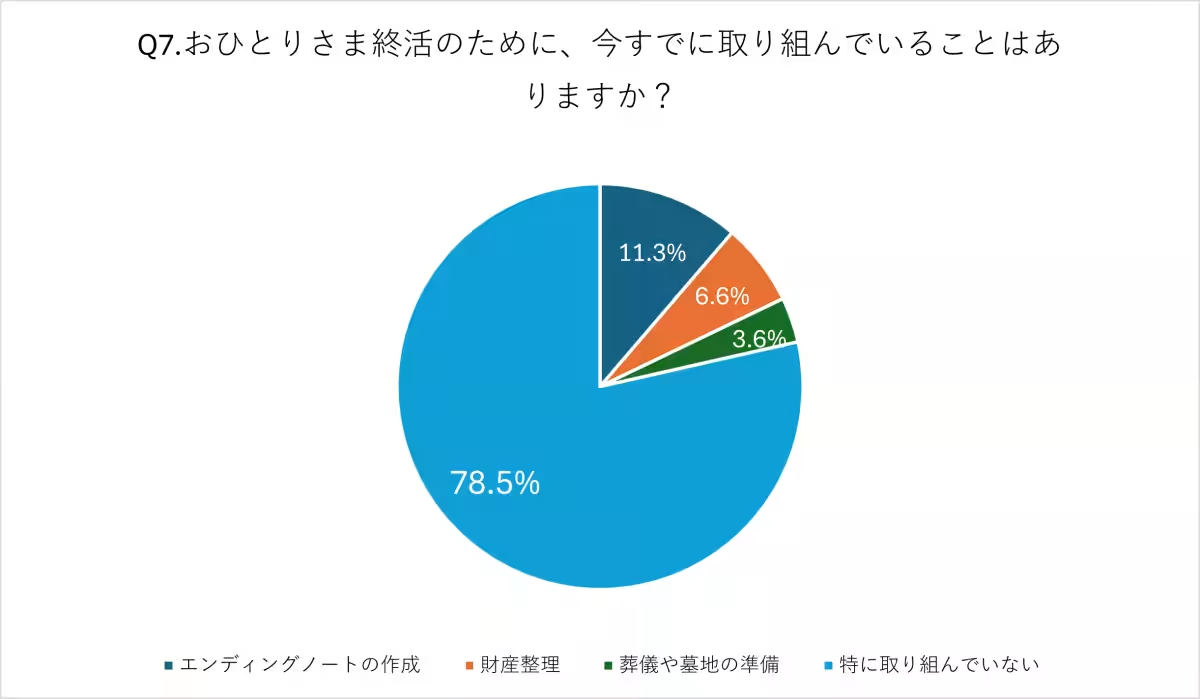
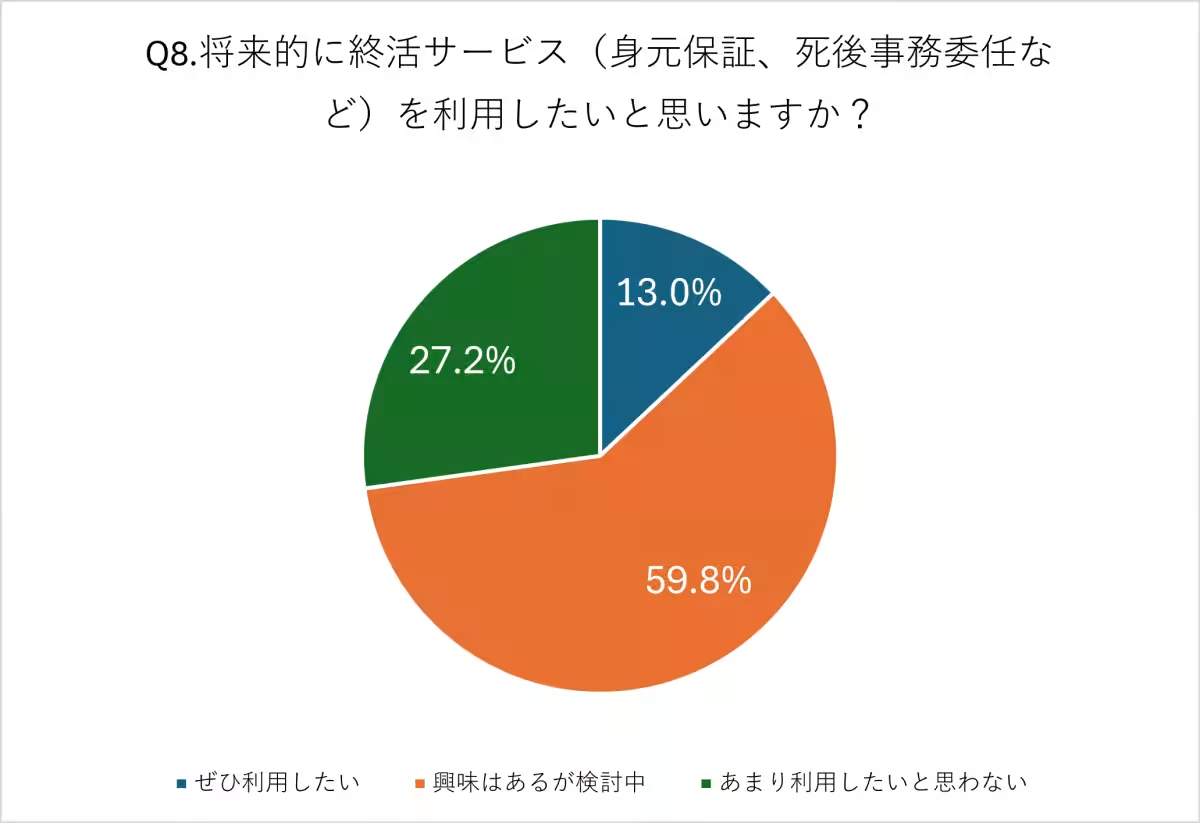
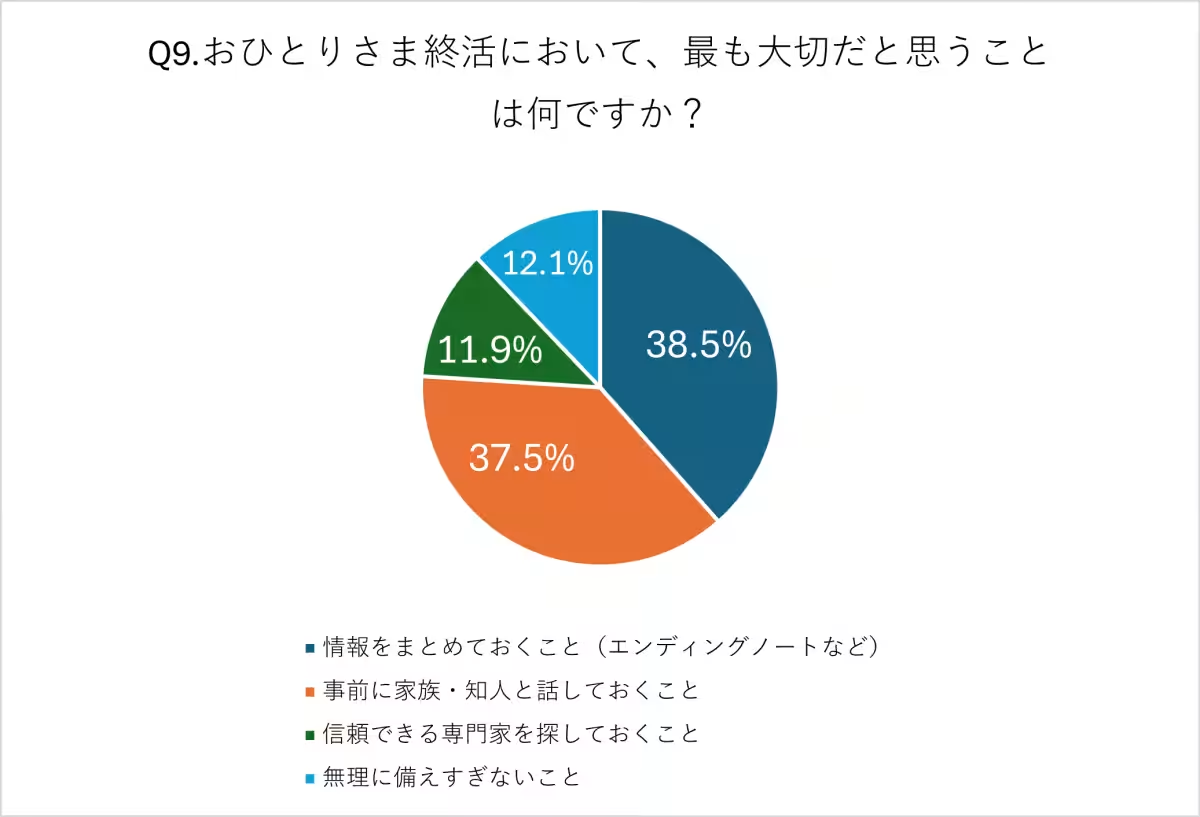
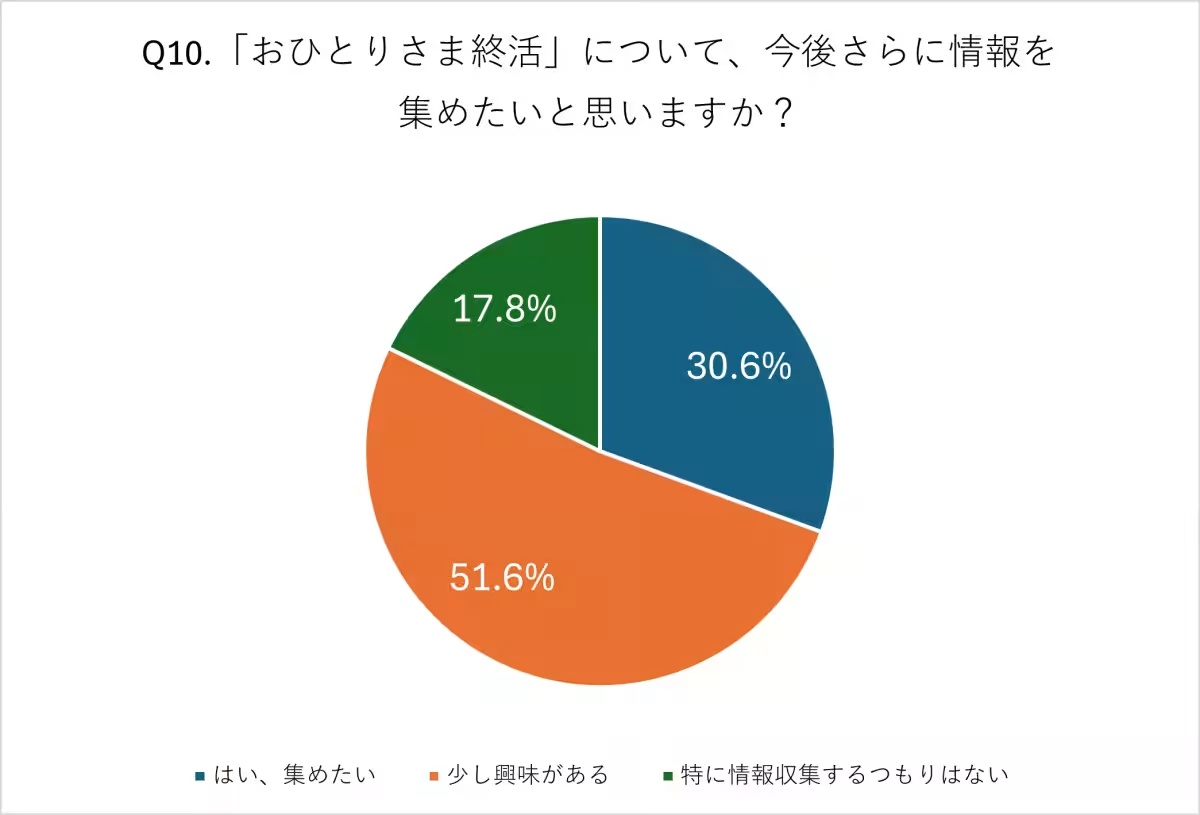
Topics People & Culture)










【About Using Articles】
You can freely use the title and article content by linking to the page where the article is posted.
※ Images cannot be used.
【About Links】
Links are free to use.